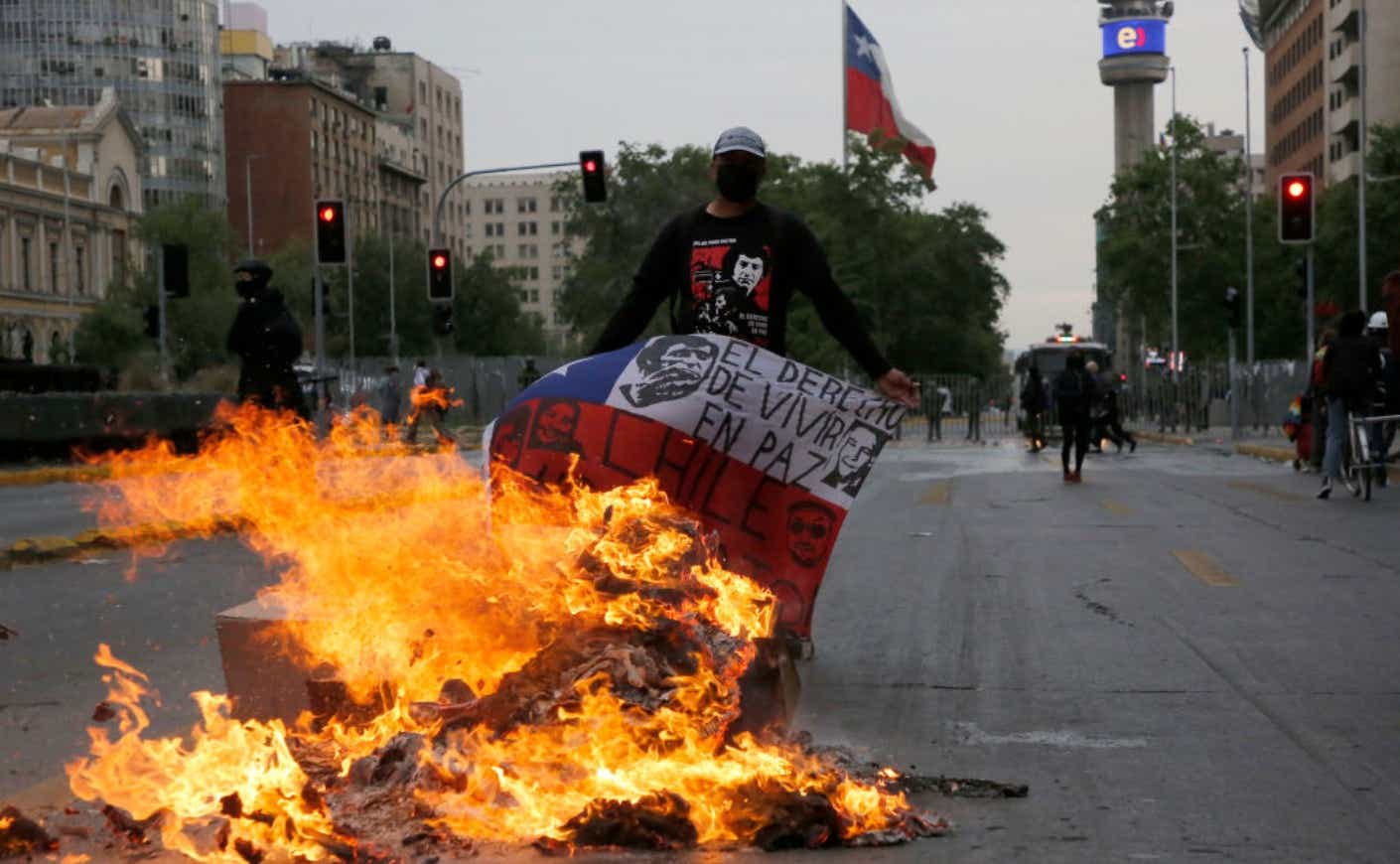An unprecedented leak of financial records dubbed the “Pandora Papers” is continuing to make waves around the world. We took a look at the documents, and why they’ve sparked a massive investigation into the some of the world’s most rich and powerful.
What are the Pandora Papers?
These papers, which broke at the beginning of October, encompass almost 12 million documents from 14 offshore financial providers, and their name comes from the popular Greek myth “Pandora’s box” about a sealed jar containing all of the world’s evils.
What do the Pandora Papers reveal?
The papers were initially leaked to the nonprofit International Consortium of Investigative Journalists, which led an investigation into the documents with more than 140 media companies, such as The Washington Post and The Guardian.
Together, the papers expose how the ultra-rich used offshore accounts to move or hide their wealth in sometimes illicit ways. They name more than 330 politicians and leaders from 90 countries — including King Abdullah of Jordan who secretly used offshore companies to buy three properties in Malibu. Celebrities like Elton John and Shakira are also mentioned in the findings. But, although they can be abused, offshore accounts are legal in most countries and many listed in the papers haven’t been accused of criminal wrongdoing.
Have there been any repercussions?
The revelations have prompted a wide range of actions. Opposition leaders in Chile on Friday started impeachment proceedings against President Sebastián Piñera over possible irregularities in the sale of a mining company that surfaced in the leak, which the president has since denied. Meanwhile, the Denver Art Museum will return four relics to Cambodia amid revelations that they came from a man who was indicted with trafficking stolen artifacts.
What’s next?
A bipartisan group of U.S. lawmakers is now proposing legislation that would require the Treasury Department to create new due diligence rules for trust companies, lawyers, public relations firms and other gatekeepers to investigate foreign clients looking to move money within the U.S. But one of the journalists who helped investigate the leak worries this could prove to be an uphill battle.
“It’s very difficult for prosecutors to track money offshore for all kinds of reasons — a lack of cooperation from the governments of tax havens like Belize to just not having the time or the resources,” says Washington Post reporter Debbie Cenziper.









